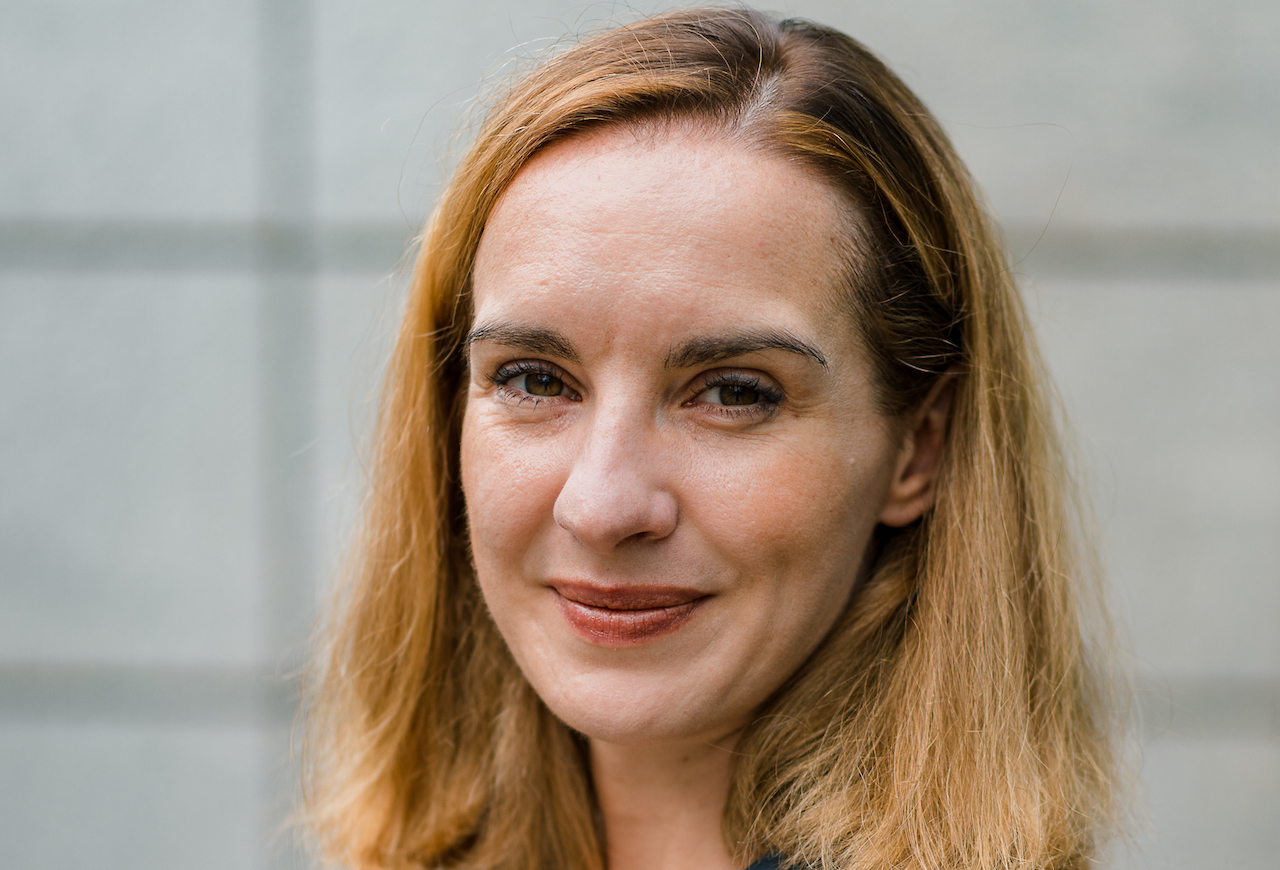The CEO of Pensions for Purpose talks to Impact Investor about key trends and themes, the bifurcation of investors who are doing a little and those who are doing a lot, and the need for greater innovation in the impact industry.

Pensions for Purpose is a UK-based organisation which promotes and supports the integration of impact investing and ESG considerations within pension funds. Charlotte O’Leary joined the organisation in 2020 and has been CEO since 2021.
What are the most significant trends in impact investing within the pensions sector that excite you right now?
It is very encouraging that, despite the significant changes in the geopolitical environment, pension investors appear committed to their sustainability and impact goals, with many looking to add to their allocations. I see consultations and current policy work on pension fund consolidation as supportive of this agenda. We have seen increasing interest and investment into place-based impact investing, climate innovation, biodiversity and natural capital, health and diversity, equity and inclusion (although this latter ‘people’ area is more nuanced) as well as a focus on stewardship and policy advocacy in order to achieve change.
It is because of this interest that we are in the process of launching our Ecosystem Themes and partnerships on system and governance change, impact integration, climate innovation, biodiversity and natural capital, and place lens and people value. Our recent research on asset owners’ perspectives of integrating nature and biodiversity into investment, commissioned by First Sentier MUFG Sustainable Investment Institute, demonstrates this appetite, but there is no doubt more needs to be done at a systemic level to scale investments that have a positive impact on people and planet.
How is the transition to net zero shaping the way pension funds approach their investment strategies?
In reality, there is a wide disparity between those who are doing a lot, pushed by the Task Force on Climate-Related Financial Disclosures, trustee appetite and member interest, and those that are doing relatively little in terms of changes to active allocations.
Proactive funds are reallocating capital into green infrastructure and sustainable bonds and showing more interest in climate-focused private equity, while less proactive funds focus on compliance rather than meaningful change. Some prioritise engagement with high-carbon companies to drive transition, while others opt for divestment. Climate-related financial risks, such as stranded assets, are also shaping long-term strategies. As regulation tightens and financial markets factor in risks like climate change more and more, even hesitant funds will need to evolve their position and take a more proactive approach to people and planet.
What innovations or tools do you think are needed to help pension funds overcome barriers to impact investing?
We need innovation, not just in our financial products but in the systems we use, the way we do business and compete over data, and how we regulate. Environmental and social impacts are still relatively new and less developed in investment decision making – a more inquisitive and lateral thinking approach is needed to incorporate them.
For example, we need to value people, climate and biodiversity which requires changes in accounting practices. This means shifting towards financial frameworks that properly account for environmental and social factors, ensuring they are measured, reported and embedded in investment strategies. This would help investors make more informed and impact-driven investment decisions.
What opportunities do you see for collaboration between pensions and other sectors to amplify impact?
Pensions are one area of the financial system but they depend on and interconnect with others, such as the insurance sector. We believe there is an opportunity to connect different asset owners together to scale investments in impact. By collaborating across industries, pension funds can pool capital, share risk and drive larger, more effective investments in sustainability projects. Strengthening such connections can enhance financial resilience and accelerate the transition to a more sustainable economy.
If you could change one thing about the current impact investing ecosystem in pensions, what would it be?
I would encourage as many defined benefit pension schemes as possible to invest their surplus into defined contribution schemes. This would not only help secure income for future generations, but also create a larger, more sustainable pool of assets that can be invested into companies having a positive impact on people and planet. This would maximise the potential of pensions so support both financial security and a sustainable future.






